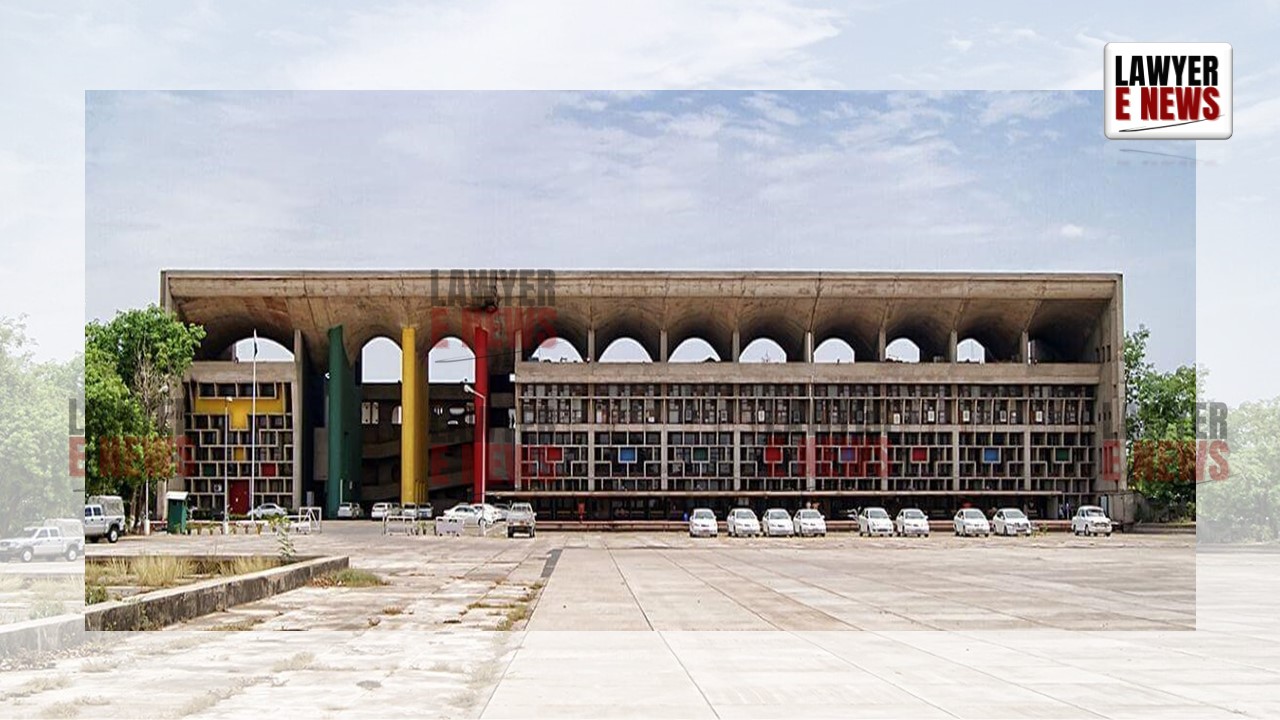-
by Admin
15 February 2026 5:35 AM



On September 5, 2024, the Punjab and Haryana High Court, in Navdeep Singh and Another vs. State of Punjab and Others, directed the State to strictly adhere to the 20% reservation quota for Scheduled Caste candidates in promotions for Head Teachers. The court emphasized that once the quota is filled, further promotions should be based on merit, in accordance with the Supreme Court’s ruling in R.K. Sabarwal vs. State of Punjab.
The petitioners, Navdeep Singh and another, challenged the promotions to the post of Head Teacher, alleging that the State of Punjab was exceeding the 20% reservation quota for Scheduled Caste candidates. According to the petitioners, the quota had already been fulfilled, yet additional reserved category candidates were being promoted, which they claimed was illegal and arbitrary. The petition relied on the Supreme Court's ruling in R.K. Sabarwal vs. State of Punjab (1995), which mandates that once the reserved category quota is filled, the roster system should stop operating.
The main legal question revolved around the over-promotion of reserved category candidates beyond the 20% reservation quota prescribed by the Punjab Scheduled Castes & Backward Classes (Reservation in Services) Act, 2006. The petitioners contended that once the reserved category quota was fulfilled, further promotions should be based on merit, not reservation.
Justice Harsimran Singh Sethi, presiding over the case, held that the State must strictly comply with the 20% reservation limit for Scheduled Castes. The court noted that of the total 425 Head Teacher posts, 319 were to be filled through promotions, and 64 of those were reserved for Scheduled Caste candidates. The court observed that as of 2016, only 54 Scheduled Caste candidates were promoted, which meant that some reserved posts were still unfilled. However, the court also emphasized that any candidate promoted based on seniority and merit should not be counted towards the reserved quota.
The court ordered the State to complete the promotion process by first determining how many Scheduled Caste candidates were promoted under the reserved quota and ensuring that the 20% limit was not exceeded. The roster system, it ruled, would stop operating once the quota was fulfilled, and further promotions would be based on merit.
Adherence to Reservation Quota: The court reiterated that the 20% reservation for Scheduled Castes must be strictly followed. Once the roster is completed and the reserved quota is filled, the promotions must be made based on merit.
Supreme Court’s Ruling in R.K. Sabarwal: The court heavily relied on the principles set in R.K. Sabarwal vs. State of Punjab (1995), which mandates that reserved category candidates promoted on the basis of merit should not be counted toward the reserved quota.
Backlog Posts: The court directed that the backlog of 42 unfilled reserved posts be reviewed and filled only if the 20% reservation had not already been met.
Protection of Rights: The court balanced the interests of both reserved and unreserved category candidates, ensuring that neither group was given undue advantage or subjected to unfair treatment.
The Punjab and Haryana High Court directed the State of Punjab to strictly adhere to the 20% reservation quota for Scheduled Castes in promotions and ensure that no excess benefit is given to reserved category candidates. The court emphasized that once the reserved quota is fulfilled, further promotions should be based on merit, as per the Supreme Court’s ruling in R.K. Sabarwal.
Date of Decision: September 5, 2024
Navdeep Singh and Another vs. State of Punjab and Others
